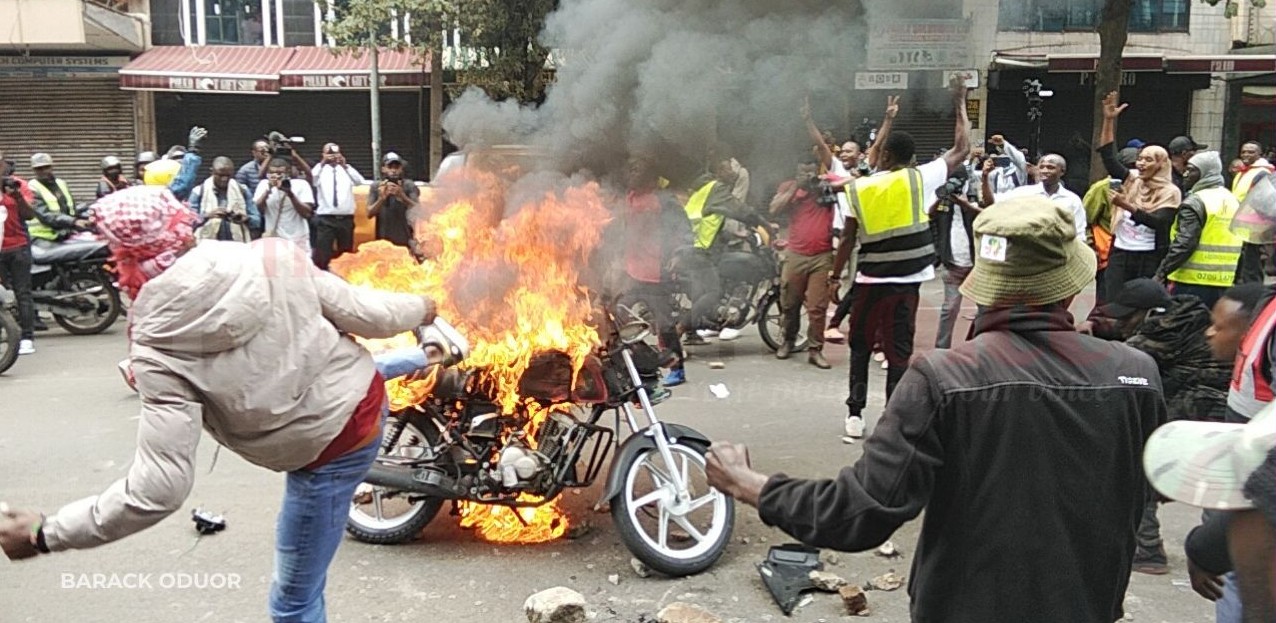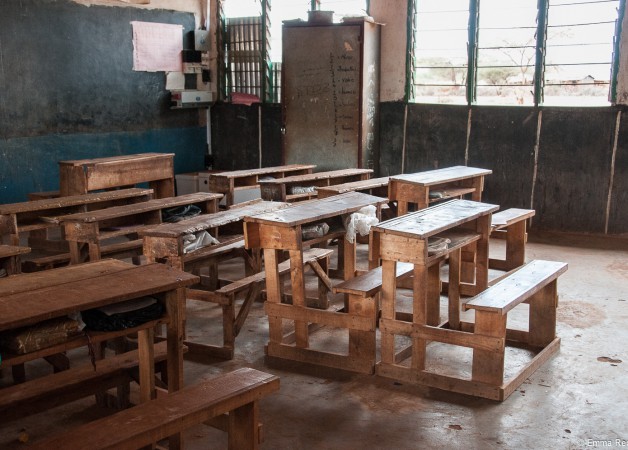Kenya's matatu industry stares at collapse after losing Sh150 million in a day during Nairobi protests

According to the Matatu Owners Association, the disruptions saw matatus grounded and businesses vandalised across key parts of the capital, with an estimated Sh150 million in losses recorded in a single day.
Kenya’s matatu industry is staring at financial collapse after losing nearly half its daily earnings in Nairobi during Tuesday’s protests, with operators now warning that more unrest could grind the sector to a halt, wipe out jobs, and drive thousands of loan-dependent investors into default and auction.
According to the Matatu Owners Association, the disruptions saw matatus grounded and businesses vandalised across key parts of the capital, with an estimated Sh150 million in losses recorded in a single day.
More To Read
- How Ojwang’s killing sparked June 2025 Gen-Z protests
- Court rejects Lagat’s bid to halt petition over Patrick Tito acting DIG role
- Family demands justice after kin dies in police custody in Migori County
- High Court dismisses Sakaja’s bid to gag media over protest coverage
- Court denies bail to former OCS Talaam, five co-accused in Albert Ojwang’s murder case
- Forensic expert tells court live bullets killed student Rex Masai in Nairobi protests
Nairobi has about 25,000 matatus operating daily, each earning an average of Sh15,000 mainly from 33-seaters and larger vehicles, putting the industry’s daily earnings at around Sh375 million and Sh11.2 billion monthly in the city alone.
“Some of us paid loans and did not meet our obligations on Tuesday. We urge the government to bring all stakeholders together, including churches, the business community and even leaders for national reconciliation to save our country from anarchy,” MOA president Albert Karakacha said.
“We condemn the goons who were hired to destroy businesses in town.”
The association says the impact of the protests goes beyond just revenue loss, noting that most operators rely on daily earnings to service vehicle loans and meet basic obligations.
The rising tension, vandalism and interruptions, they warn, are exposing thousands of investors to financial ruin.
Karakacha further noted that the matatu industry is one of the country’s largest employers, creating over two million direct and indirect jobs.
These include drivers, conductors, mechanics, fuel station workers, and others who depend on the smooth running of the public transport network.
Countrywide, there are about 60,000 matatus and buses on the road on a typical day, earning an estimated Sh900 million daily.
This translates to a monthly industry revenue of about Sh27 billion and an annual figure of over Sh300 billion.
The association is now urging authorities to address the growing insecurity and bring stakeholders together to find a peaceful resolution to the ongoing unrest.
A recent survey by consulting firm Deloitte found that 70 per cent of Nairobi’s population depends on the matatu industry for daily transport.
Kenya still lacks a well-organised government public transport system, making the sector essential for mobility and economic activity.
The protests, which were staged in Nairobi, Mombasa, and Kilifi, were sparked by the death of teacher and blogger Albert Ojwang’, who died in police custody on June 8 after being arrested at his home in Homa Bay the previous day.
There are now fears that Tuesday’s shooting of a street vendor in broad daylight by a police officer during the Nairobi demonstrations could trigger further outrage over police brutality and deepen the unrest.
Top Stories Today












































